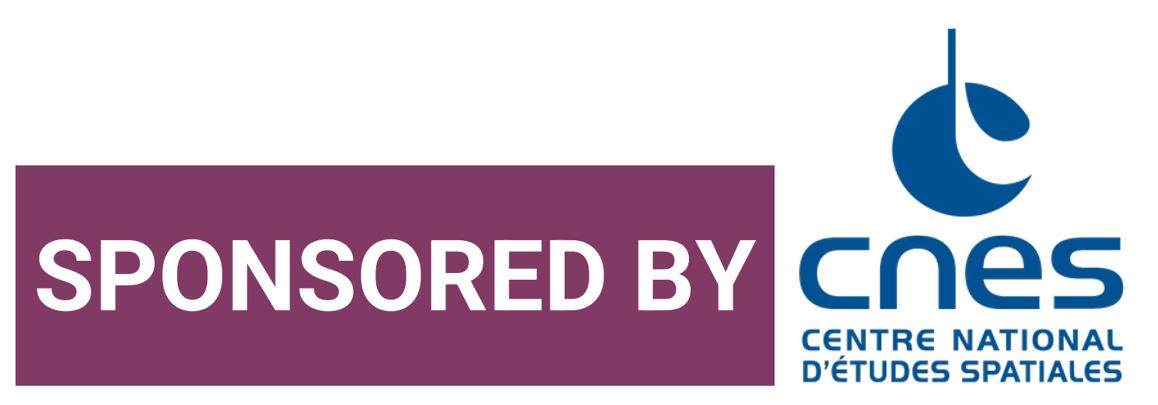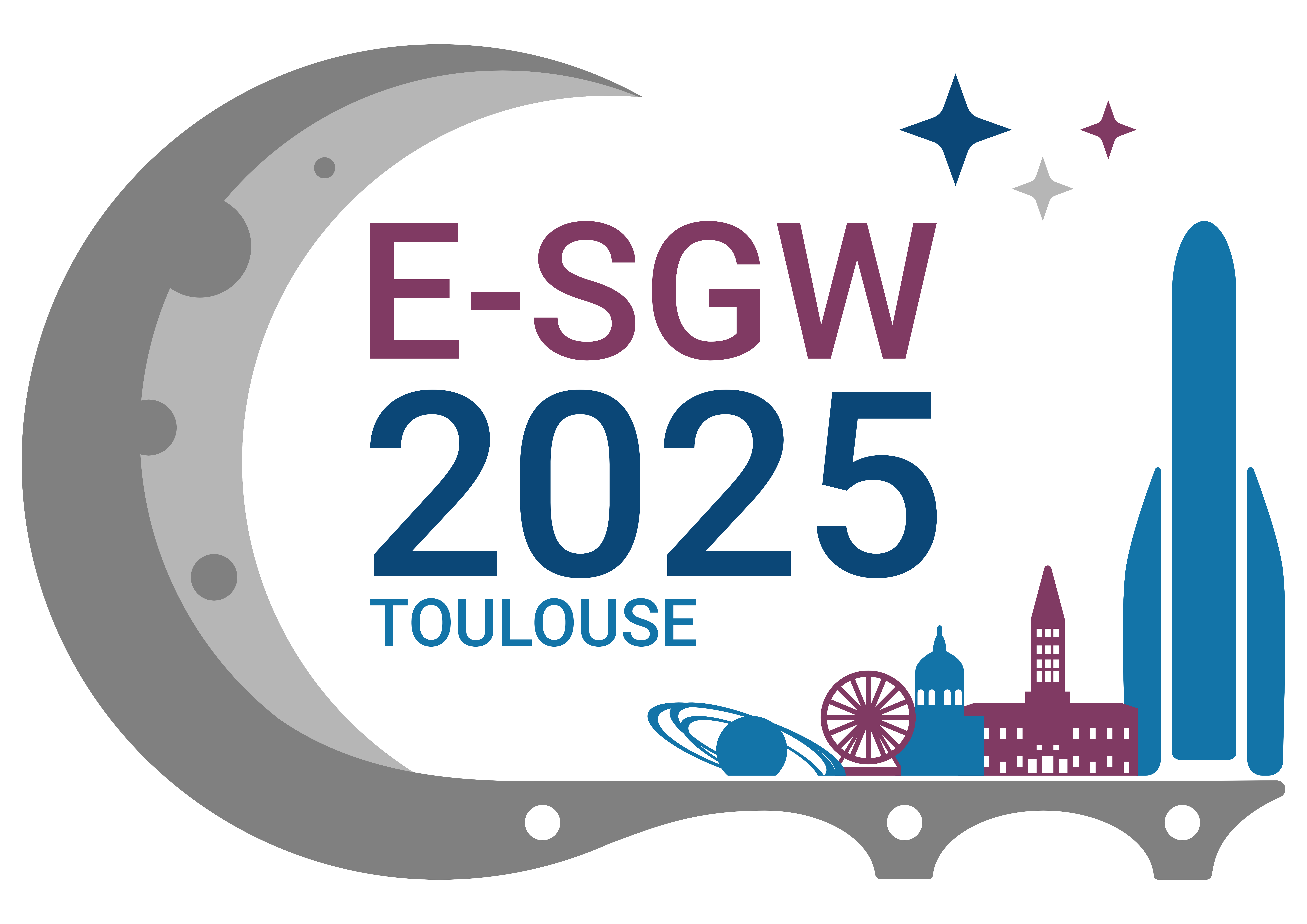Working Groups
SG[France]2023 will host five working groups. For this anniversary edition, students and young professionals will have the opportunity to discuss with experts four topics inspired by SG[France]’s previous editions: “Lunar Exploration”, “Our Giant Leap”, “When Space Comes to You” and “Road to Newspace”. Finally, a fifth working group will allow delegates to explore the “Future of Europe in Space”. More details about the working groups, their topics, the experts intervening, and their sponsors can be found below.
This page is updated regularly and its information can be subject to change.
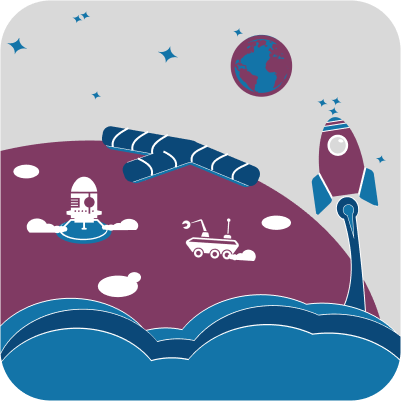
After the historical success of Lunar missions in the 1960s-70s, space exploration missions moved towards other targets. However, interest in the Moon is resurfacing with an impulse from several large exploration programs from NASA, ESA, and CNSA (non-exhaustive). With 50 years of technological and scientific progress, the objective is now to learn how to live and work for a long duration on the Lunar soil. These activities come with opportunities for private actors to help enable ambitious future space exploration.
Even if the Moon doesn’t seem far away, many challenges are yet to be overcome. This working group will deal with the specificities, technological maturity and knowledge gap about Lunar exploration. Delegates will learn about the new forms of mobility to reach Lunar soil, the challenges to exploiting local resources (In-Situ Resource Utilization), the infrastructures required to establish a lunar village, and the day-to-day activities of Lunar astronauts.
Experts
Gregory Navarro
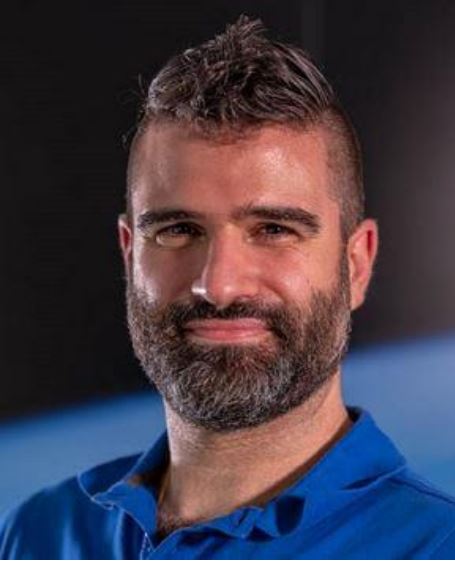
Spaceship FR Engineer CNES
Graduated of Polytech’Orléans in Embedded Computer Systems Engineering in 2002, Gregory Navarro first worked in the development of embedded software for aeronautical, military and automotive systems. He joined CNES in 2008 and worked for 6 years on critical software for scientific payloads as a Quality Engineer for several scientific missions. In 2014, he took over responsibility for the quality operations team, in support of the control centers and the teams of the CNES command/control antenna network. In 2018, he joined CADMOS as deputy project manager for the coordination of the development, operation and maintenance of the human physiology and life support payloads operated in the Columbus module by the astronauts of the International Space Station (ISS). He was also responsible for the development of various experiments for the ISS. Since September 2021, he has been responsible for the development of the lunar and Martian habitat for the SPACESHIP France project at CNES in Toulouse.
Laura Todd
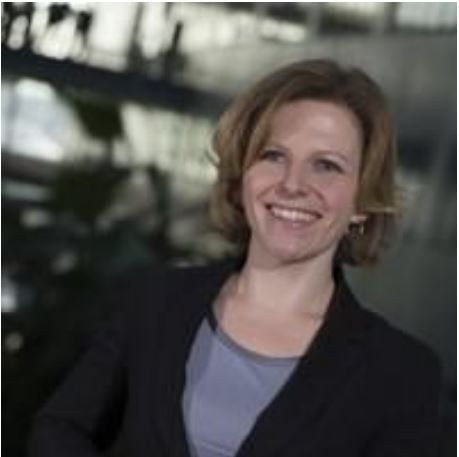
Vice President of Space Exploration Future Programmes (Airbus)
Laura Todd is Vice President of Space Exploration Future Programmes at Airbus Defence and Space based in Toulouse, France. In this role she manages new programmes and shapes the strategy of ‘What is Next in Space’ for human and robotic exploration; how to enable and put to good use the full human experience in Space from Low Earth Orbit to the Moon and beyond. Laura joined Airbus in 2005 and has held multiple positions there in areas including Procurement, Operations, the A320 Programme and Customer Services. She is passionate about lean agile transformation and Customer experience always with the focus of delivering value for the ‘Why?’.
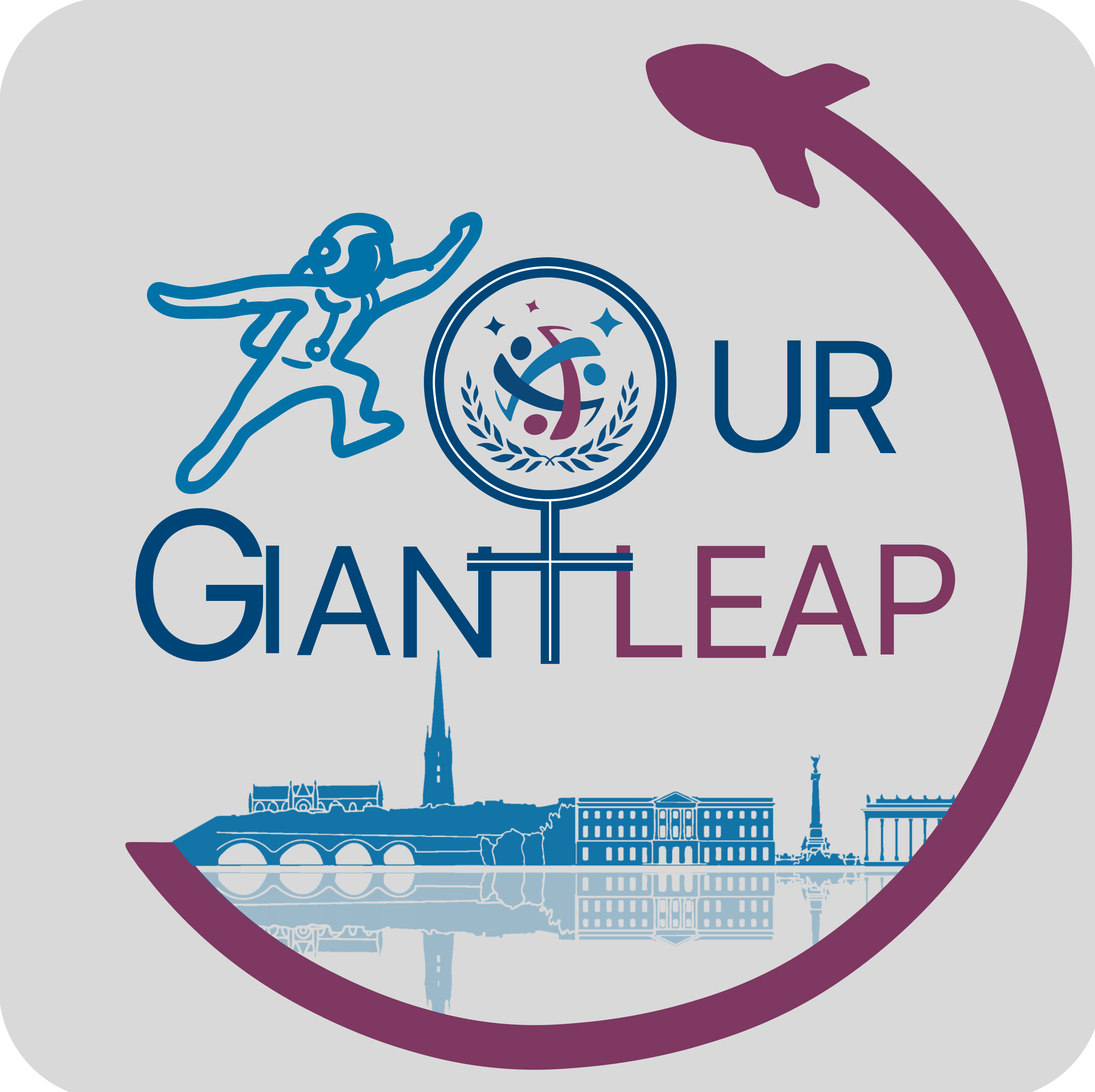
Our Giant Leap
“How to inspire and encourage people from different backgrounds and cultures to join the space sector?”
Space has always played an important role in the development of technologies and expanded the boundaries of our knowledge. You hear about it on the news whether it is about the International Space Station, new images taken by a satellite that looks like it came out of an alien movie, or even about the launch of a car by an eccentric billionaire that all engineers secretly admire. We use space daily in different ways like through our smartphones.
All this makes the space sector look like an unattainable dream such as the HD1 galaxy, the farthest object in the universe. As of today, a tiny circle of people is working in the space sector, making it seemingly difficult to be part of. This may discourage a lot of people coming from challenging and atypical backgrounds to try and take a leap toward working in this field. That is why we must find effective solutions to encourage them to join the space sector, by making them interested in this field and, most importantly, accompanying and helping them develop their technical and human skills. This will create opportunities for people to take part in the development of a more diverse space society and help the space industry reinvent itself.
This working group will focus mainly on inspiring young people and developing their curiosity towards the space sector, as well as tackling the idea of a space fellowship program to accompany people in their studies and guide them. This working group will also discuss solutions that will make the space work environment more inclusive.
Experts
✦ Pierre-Louis Bellamy (Exotrail)
✦ Intervention of Yulia Akisheva (Co-lead of the Diversity and Gender Equality Project Group at SGAC)
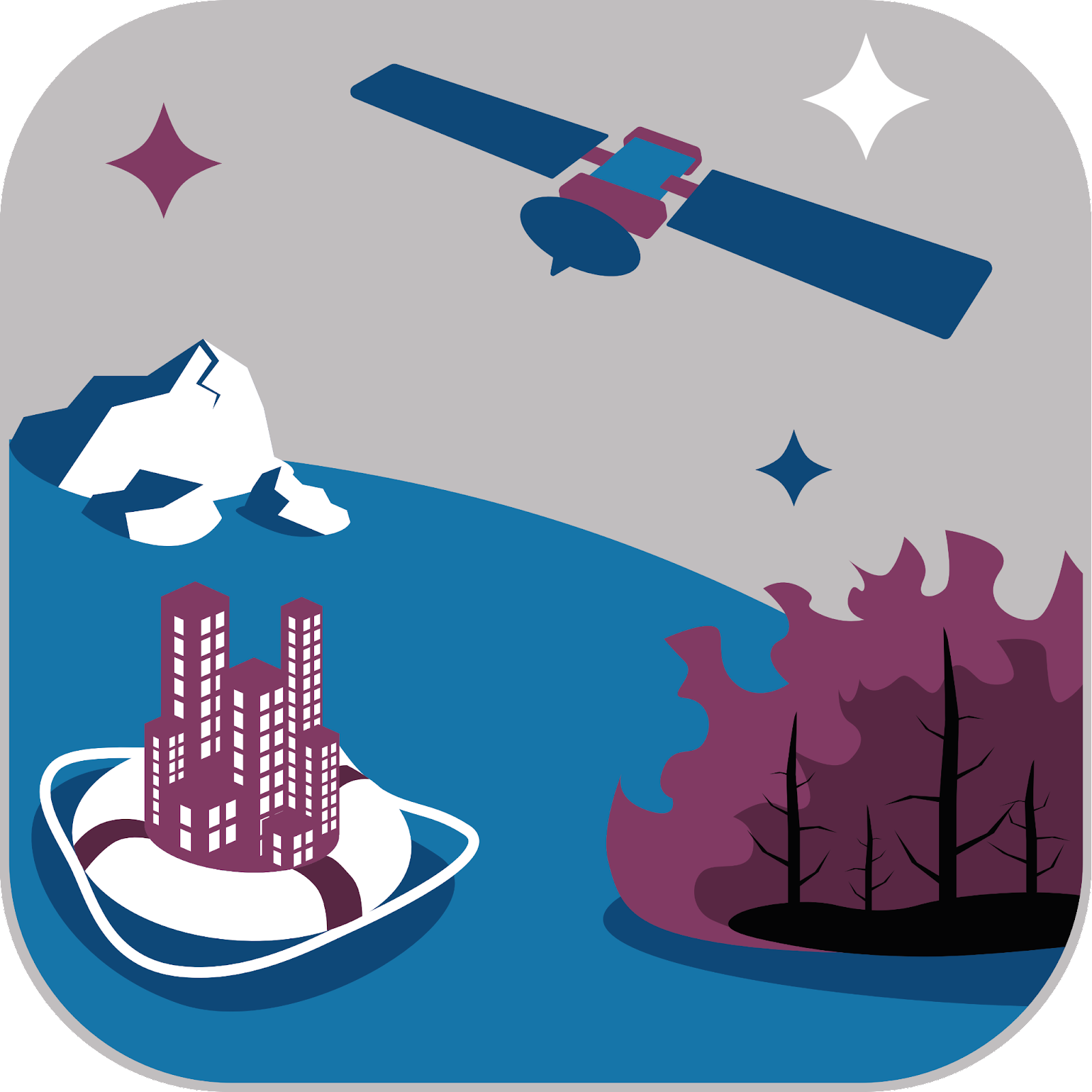
When Space Comes to You
“How can space contribute to sustainable development?”
Despite the growing global economy and the technological progress observed in the past decades, there are still many societal challenges that need to be overcome to enhance human development. The United Nations has developed the 2030 Agenda for Sustainable Development in order to address these challenges in the form of 17 Sustainable Development Goals (SDGs) with 169 associated specific targets.
The importance of the role of Earth Observation and connectivity in supporting the achievement of the development goals is recognised by the UN. For instance, an estimated 37 per cent of the world’s population – or 2.9 billion people – have still never used the Internet, whereas the World Bank reports that on average, 10% more coverage brings an additional 1.8% growth to a country. GEO satellites and NGSO constellations could help bridge this digital divide and consequently boost economic development, particularly in rural areas. Space-based technologies are also key in understanding climate change: a single instrument on a polar orbiting satellite can observe the entire Earth on a daily basis, providing information on forests, oceans, climate phenomena such as floods, etc.
However, it must be emphasized that space activities are responsible for significant greenhouse gas emissions, and space congestion directly endangers the use of space through the Kessler syndrome. The Intergovernmental Panel on Climate Change (IPCC) of the United Nations calls for immediate action to secure a liveable future and pave the way for a global economic degrowth. Therefore, space must be used sparingly and compromises must be made.
Experts
Charles-Aimé Nzeussi Mbouendeu
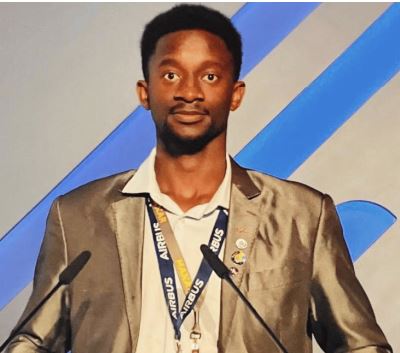
LCA data analyst, ESG & Climate Action Specialist SES
Charles-Aimé Nzeussi Mbouendeu is a remarkable individual known for his diverse accomplishments and unwavering passion for making a positive impact in the world. Charles-Aimé has proved his dedication to the global space sector through volunteerism, mentorship, and advocacy. He earned a Master of Space Studies (MSS) from the International Space University and has worked as a Teaching Associate for the Space Studies Program 2021. He holds degrees in environmental and industrial risks engineering and has a background in physics. At SES, he is also the LCA data analyst and the ESG & Climate Action specialist. In addition, he volunteered in global non-profit organizations, agencies, and initiatives aimed at mainstreaming innovations. Nonetheless, he raises issues in the Humanitarian, Space, Safety, Security, and Environmental spheres in order to bridge science with policy, industry, and civil society.
Nicolas Soulard
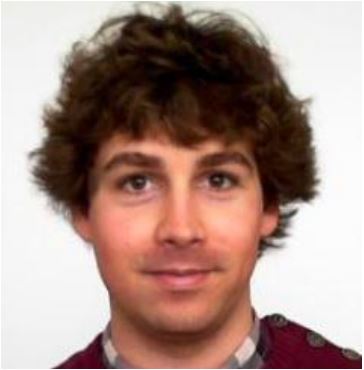
Satellite Operations Engineer CNES
Nicolas Soulard is a satellite operations engineer, currently working at CNES in Toulouse. After graduating from ENAC (the French National School of Civil Aviation), he was hired by Capgemini Engineering to work on nanosatellite preliminary design at Hemeria. He later joined CNES control centres to operate Earth observation satellites. Nicolas is now working on the monitoring and control of the SWOT satellite, a CNES-NASA hydrology mission performing altimetry measurements to determine the water level of oceans and lakes as well as the flow of rivers. This mission aims to study the effects of climate change on the water cycle and to better understand ocean circulation in order to improve climate models. He is also preparing the future operations for the KINEIS mission, a constellation of 25 nanosatellites to provide Internet of Things (IoT) services. This project is a continuation of the Argos beacons, a global satellite-based geolocation and data collection system. Nicolas has been an active member of SGAC since 2019; he was part of the SG[France]2020 organising team and has been involved in the Diversity and Gender Equality Project Group. He is passionate about space exploration, astronomy and mountain activities.
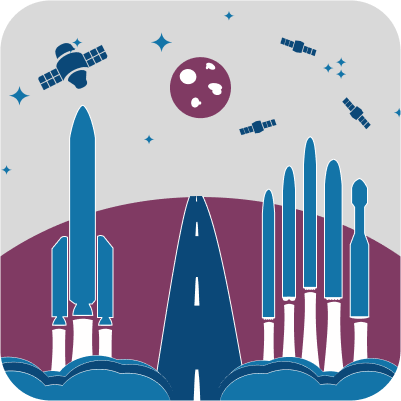
This working group will focus on the term NewSpace and its implications for the industry, its workforce and the environment. We will be looking at how older and newer actors will interact in this new environment. The key drivers such as financing, regulation, technical know-how and environmental impact will be analysed on both a national and international scale.
-
How can regulators/agencies/governments generate the most benefit from all the new actors coming in the already established actors?
-
How to address the environmental consequences of the expansion of the space sector?
- What should Newspace actors do to improve their access to the workforce?
Experts
Jérémie Hassin

Vice President of Business Development (Maispace)
Jérémie Hassin is a passionate space engineer with various technical experiences in spacecraft, stratospheric balloons, and launch systems. After 12 years at the French Space Agency (CNES), Jérémie led a reusable mini launcher project that became the company MaiaSpace. He is currently MaiaSpace’s vice president of business development and product owner of the company in-orbit mobility vehicle. Jérémie earned a French engineering degree from Arts et Metiers ParisTech, France, a master’s in astronautics and space engineering from Cranfield Univesity, United Kingdom, and an executive MBA from HEC School of Management, France.
Loïs Miraux
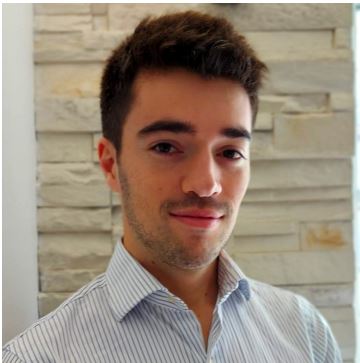
Environmental and Cost Engineer (Maispace)
Loïs Miraux is currently working as an environmental and cost engineer at MaiaSpace, where he is developing the company’s sustainability strategy, modelling the environmental impact and cost of the company’s space launch service and promotes the overall process for ecodesign. As an independent consultant, he provides valuable expertise on environmental issues related to the space sector. He is also leading a project for the association Aéro Décarbo, in collaboration with the carbon transition think-tank “The Shift Project”, evaluating the carbon footprint and decarbonization trajectories within the space sector. Before joining MaiaSpace, Loïs worked at CNES for ArianeWorks, undertaking an environmental analysis of space launchers, prior to which he addressed various aspects of space sustainability as an independent researcher.
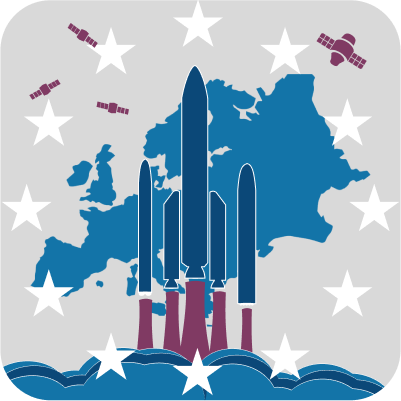
Which strategic Space development should the European Union focus on to maintain its sovereignty and improve its worldwide influence?
The roundtable will tackle the main topic by covering 3 main axis of the European space programs strategy, anchored in the current geopolitical context. They are:
- Which current and future strategic defense developments are needed to ensure a strong position of Europe on the international stage?
- How is Iris² strategic from a European Telecommunication independence point of view?
- How can Earth Observation programs contribute to developing Europe’s international influence and maintain its sovereignty?
Experts
Baptiste Schandeler
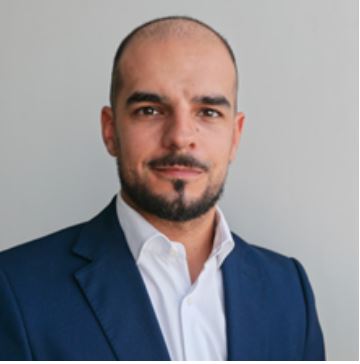
Future Programme System Engineer (Airbus)
Currently working as System Engineer and Ground Segment Manager for EO Future Programmes at Airbus. For the past 8 years, Baptiste Schandeler has been working in the space industry from AIT to Spacecraft Operations and now tackles early programmes phases (0/A). Along his career, he worked in California (UCSD), in France, in Kourou (for launch campaigns several times) and in UAE for 3 years (for spacecraft operations).
Pascal Gaudin

Satellites Constellations Industrialisation Lead (Airbus)
Pascal Gaudin has a vast experience in Constellations as the Production Manager for OneWeb-Gen1, where he designed and implemented the Factory Assembly Line (FAL) and the Launch operations. He is a key member of the AIRBUS Constellations team and actively participates to major bids like IRIS2. Prior to that, Pascal was an AIT System Engineer and Production Manager on cutting-edge projects such as Ariane 5 and several of Airbus’ telecommunications satellites.

